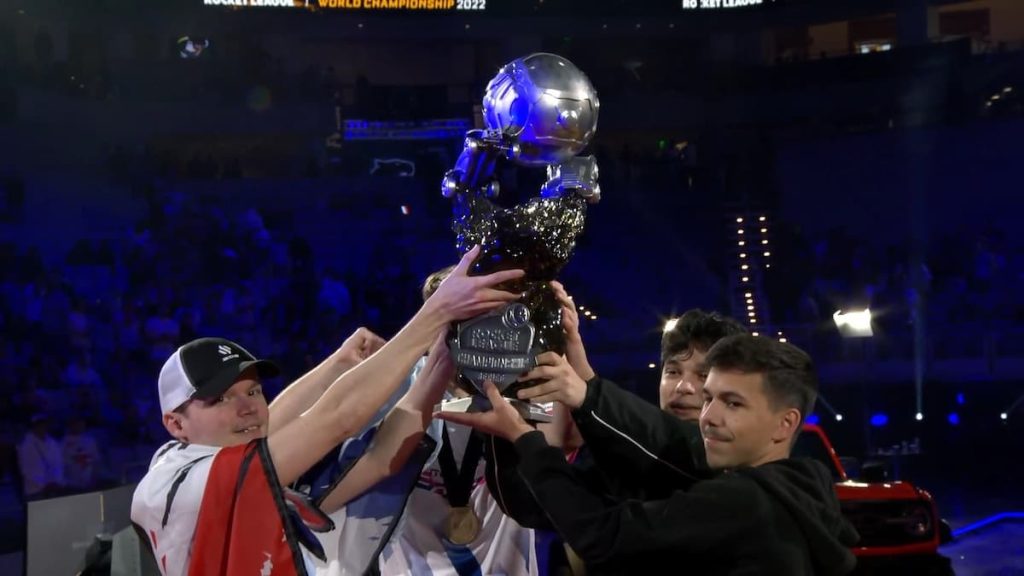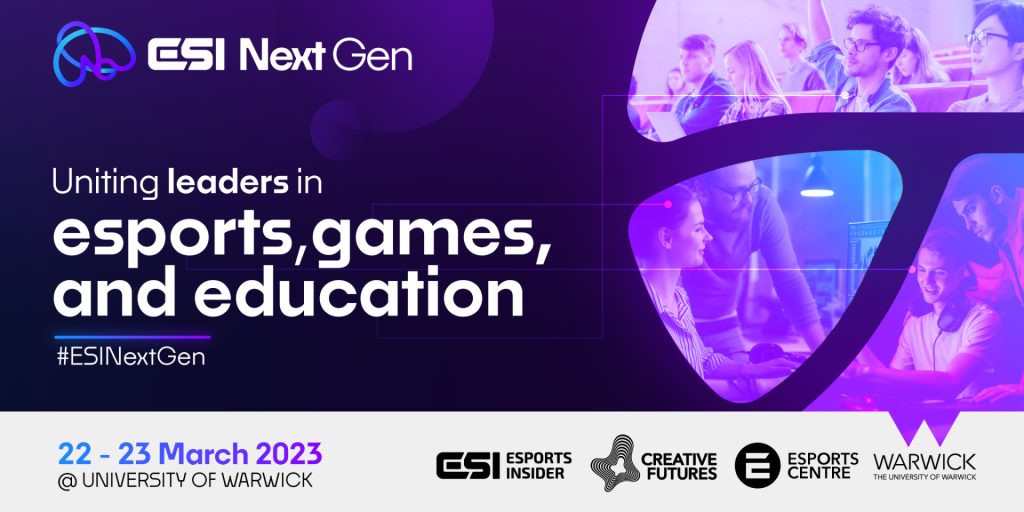
Identified by its distinctive pink stripes, Team BDS was founded in 2019 in Geneva, Switzerland and is a performance-driven organisation — that much is clear. It’s focused on success in the server, and driven by a genuine competitive drive by its leadership.
Despite being less than five years old, Team BDS, in many ways, is old-school in its approach as an esports organisation.
The esports organisation started as a passion project, first and foremost, increasingly uncommon in today’s age of conglomerate-owned empires run by sports executives with an oftentimes wanting understanding of esports.
That ethos was on display in its decision to enter Rocket League. Jocelyn Roux, Managing Director and Head of Legal at Team BDS, told Esports Insider that the decision to enter the title was driven by the fact Rocket League is the favourite game of Patrice Bailo de Spoelberch, Team BDS’s owner.
The decision ended up proving a prophetic success for the organisation, as its roster quickly came out of nowhere to win a World Championship and thoroughly dominate the Rocket League esports scene for a considerable period.
Having already signed a Rainbow 6 team — which also went on to see competitive success — and a Fortnite roster, the organisation entered the LFL, France’s regional League of Legends league, in May 2020.
But Team BDS took a major step forward and properly etched its place in the esports hivemind in June 2021 with the purchase of Schalke 04 Esports’ League of Legends LEC slot for €26.5m (~£22.8m). Despite not setting the League of Legends stage alight, the organisation started attracting attention and audiences thanks to its unique entrance skits during the 2023 LEC Winter Split.
Roux told Esports Insider that BDS’ portfolio of rosters — five in total — arose as a mix of enthusiasm for the games, and sound financial underpinning from the publishers that back them.
“[We chose our titles] more out of the love of the game — what you might call the ‘romantic’ way. But of course the financial aspect is also very important, because at the end of the day it has to make sense financially,” Roux said.
“For now, the LEC and League of Legends ecosystem is the best I’d say by far. But you also have ecosystems like Ubisoft’s and Psyonix’s that are trying to help teams have more ways to monetise.” Ubisoft’s Rainbow 6 Siege and Psyonix’s Rocket League both have in-game item revenue sharing schemes with teams.
He continued: “When there’s hype around the games, you obviously want to be there at the start to have greater opportunities. The ecosystem of the game is obviously very important; how the publisher is building their ecosystem, what the place of the teams is in it, what the publisher can bring to the table. The financial part is important — but it is also the game itself that draws us into it.”

Future plans
An interesting quirk of Team BDS is that despite its rosters having been compromised either entirely or predominantly of French players, and having competed in France’s LFL, the organisation said this was not an intentional strategic decision but rather borne out of available opportunities at the time, like its partnership with Olympique de Marseille in FIFA.
“Obviously, after 2-3 years with lots of French rosters and players, our fanbase is majority French. At the start it wasn’t a strategic decision, it was just opportunities on our [doorstep].”
With significant and highly engaged French fanbases in League of Legends, Rocket League and Rainbow 6 Siege, all of which the organisation competes in, that focus has worked well from a business perspective. But going forward, Team BDS has ambitions to generate a global fanbase.
“We cannot remain in Switzerland because the market is too small, and the French market is also very competitive with very good teams on the international level,” said Roux. “We have to diversify our audience and our fans. It is important for us to grow our fanbase as an organisation and I think it makes sense to try and be more international than what we are now.”
For the meantime, though, its Swiss roots are serving it well, given notable collaborations with luxury Swiss fashion brand Montblanc and premium Swiss chocolate company Chocolat Villalrs.
What’s next for Team BDS? Last year it focused on growing its team internally, with over 10 new hires — at a time when major esports organisations were laying off staff left right and centre. The new hires aim to enhance the organisation’s communication, its content, its general proposition to fans, and in turn build partnerships with brands.
Supported by Team BDS
